
Lance MGMT Travel & Charter
Click the Book Now button for our Booking Engines
888-219-3657
757-483-8384

888-219-3657
757-483-8384

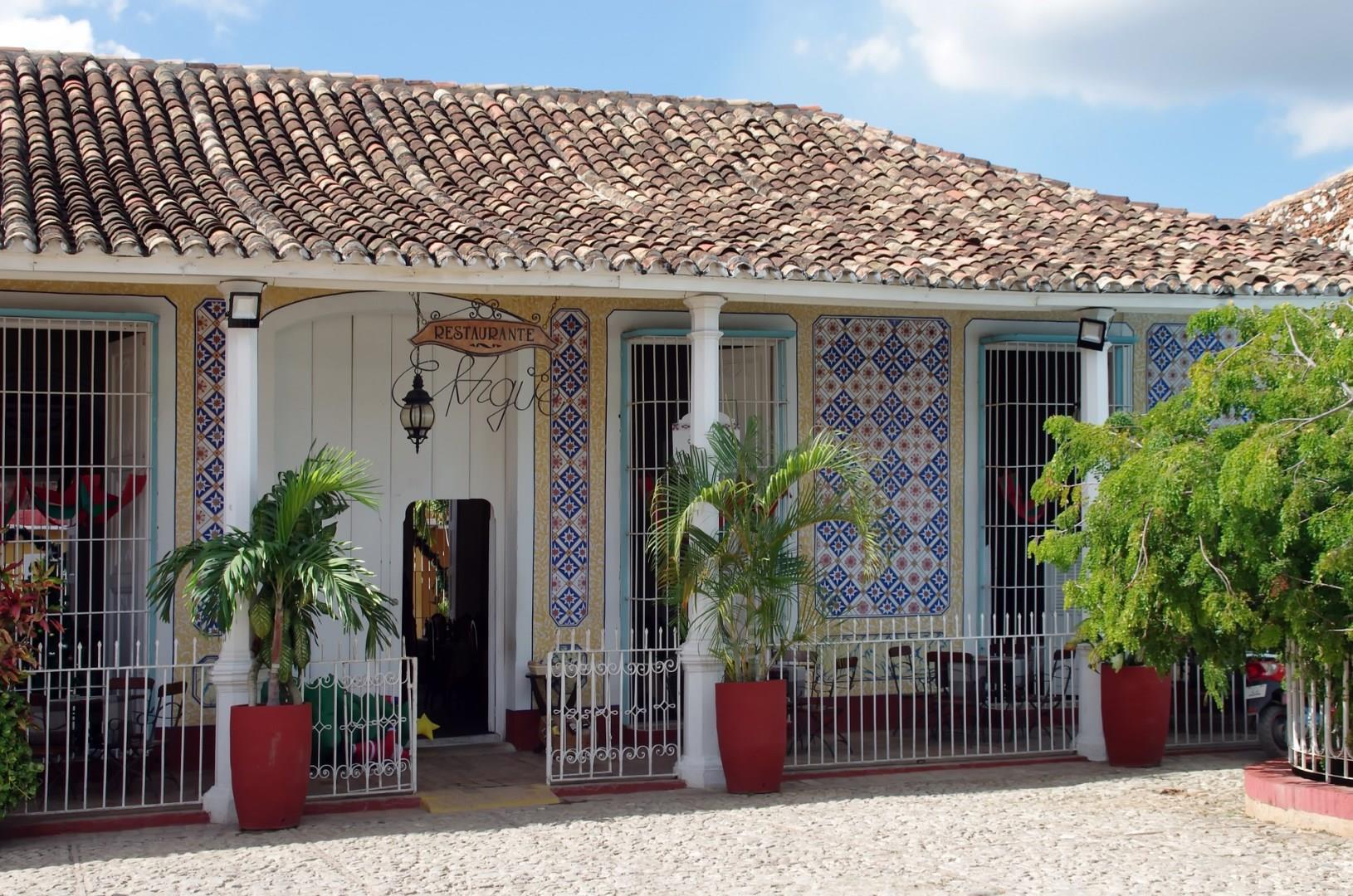

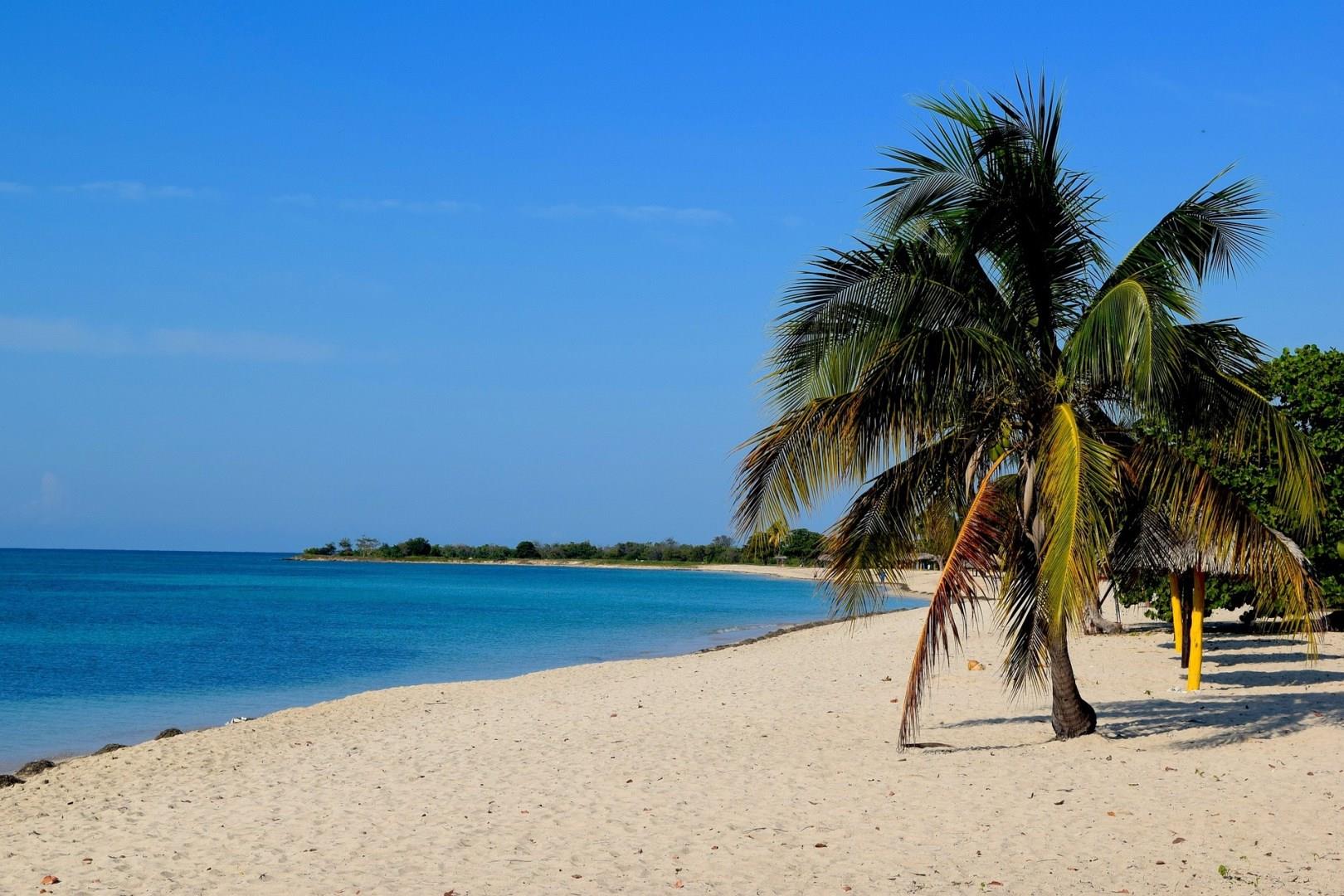

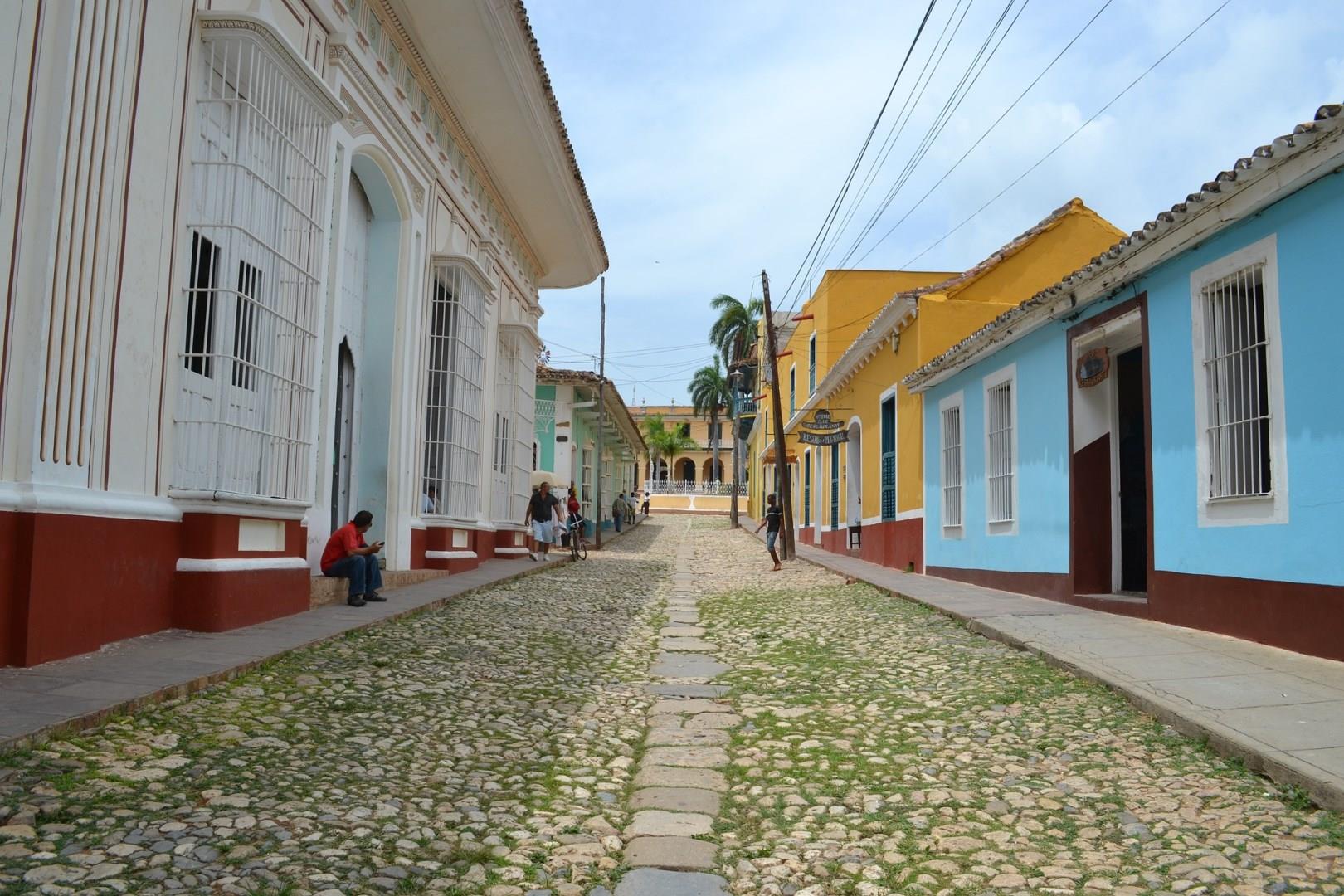

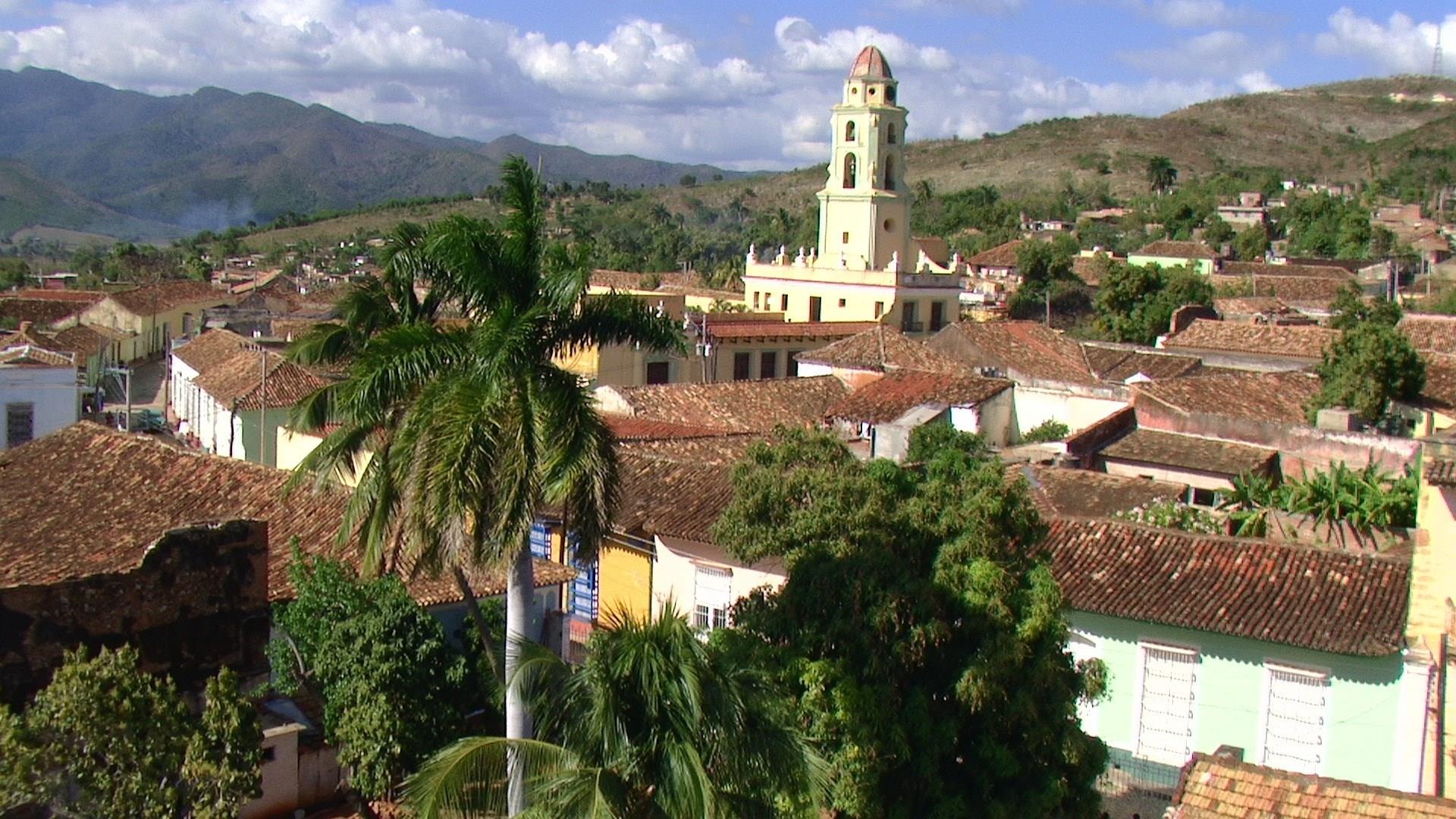



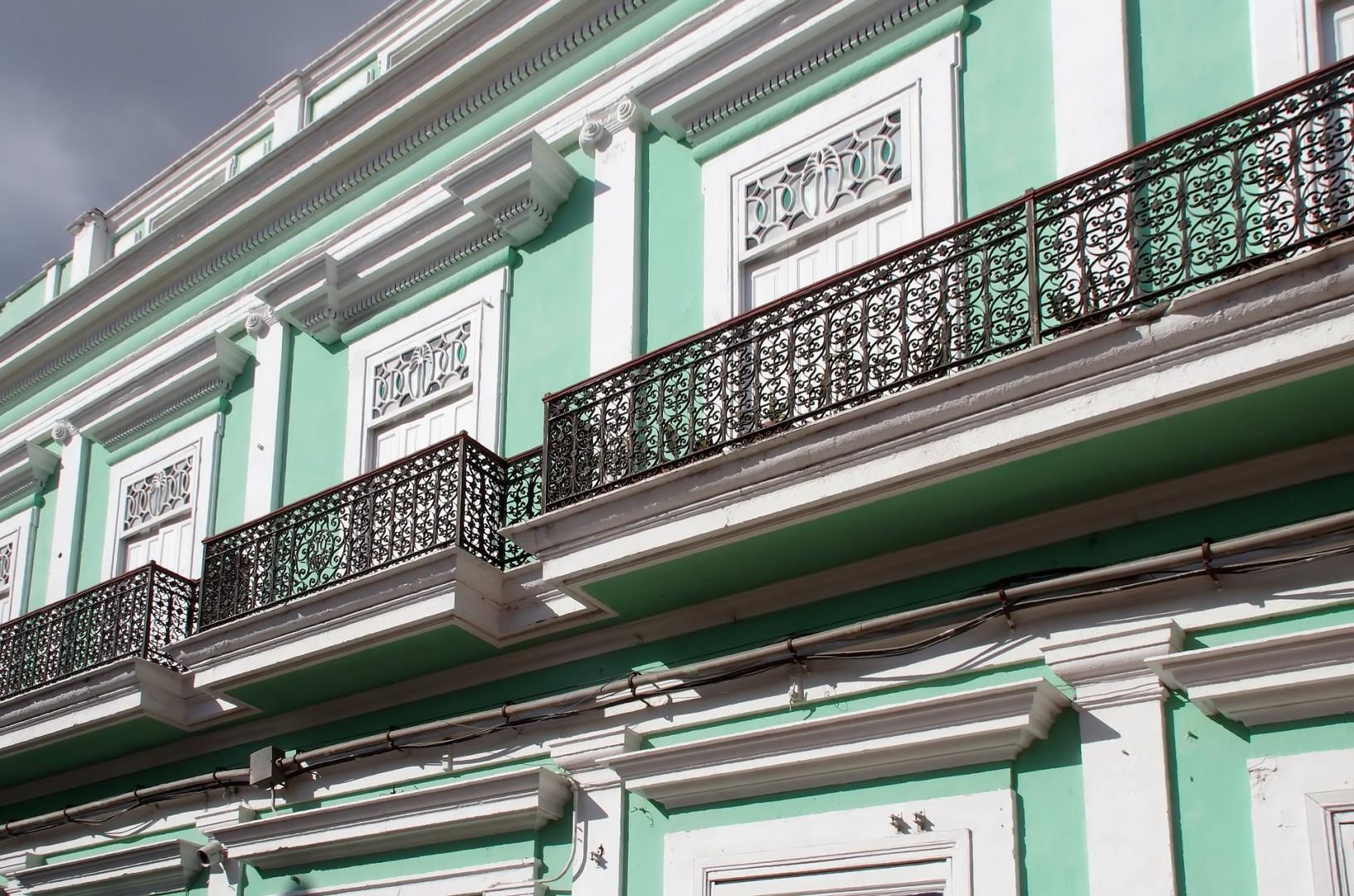

Trinidad, Cuba, is a mesmerizing time capsule that transports visitors to another era with its cobblestone streets, pastel-colored colonial buildings, and horse-drawn carts. Founded in 1514 by Spanish conquistador Diego Velázquez de Cuéllar, this city, located in central Cuba, is one of the best-preserved colonial towns in the Caribbean. Declared a UNESCO World Heritage Site in 1988, Trinidad's rich history and enchanting architecture make it an essential destination for anyone seeking an authentic Cuban experience. The city’s heart, Plaza Mayor, is flanked by neoclassical buildings, charming churches, and the stunning Palacio Brunet, which now houses the Museo Romántico, showcasing period furniture and artifacts from Trinidad’s sugar-producing heyday.
Exploring Trinidad feels like stepping back in time, especially when visiting sites like the Museo de Historia Municipal, set in the Palacio Cantero. This museum provides a fascinating overview of the city’s history, including the era of the sugar trade that brought wealth to Trinidad's elite. For a more vibrant experience, wander through the open-air market at Calle Cristo, where local artisans sell handmade lace, pottery, and guayaberas (traditional Cuban shirts). As evening falls, the rhythm of live music spills into the streets, particularly at Casa de la Musica, a popular spot where both locals and tourists gather on the stone steps to dance salsa under the stars.
Trinidad is also a gateway to some of Cuba’s natural wonders. Just a short drive away, the Valle de los Ingenios (Valley of the Sugar Mills) is a must-visit for those interested in the region's history. This vast valley, dotted with the ruins of sugar mills and slave quarters, stands as a haunting reminder of the 19th-century sugar industry that once thrived here. Visitors can climb the iconic Iznaga Tower, built in 1816, for panoramic views of the valley and a sense of the scale of Cuba's sugar boom era. For those seeking adventure, the Topes de Collantes National Park offers stunning hikes through tropical rainforests, with opportunities to swim in natural pools beneath waterfalls such as Salto del Caburní.
A fun fact about Trinidad is that the city remains largely unchanged since the 1850s due to its economic decline after the sugar industry collapsed, which ironically helped preserve its colonial charm. The cobblestone streets and historic buildings evoke a bygone era that has captivated travelers for decades. With its unique blend of history, culture, and natural beauty, Trinidad offers a compelling reason to explore the heart and soul of Cuba.